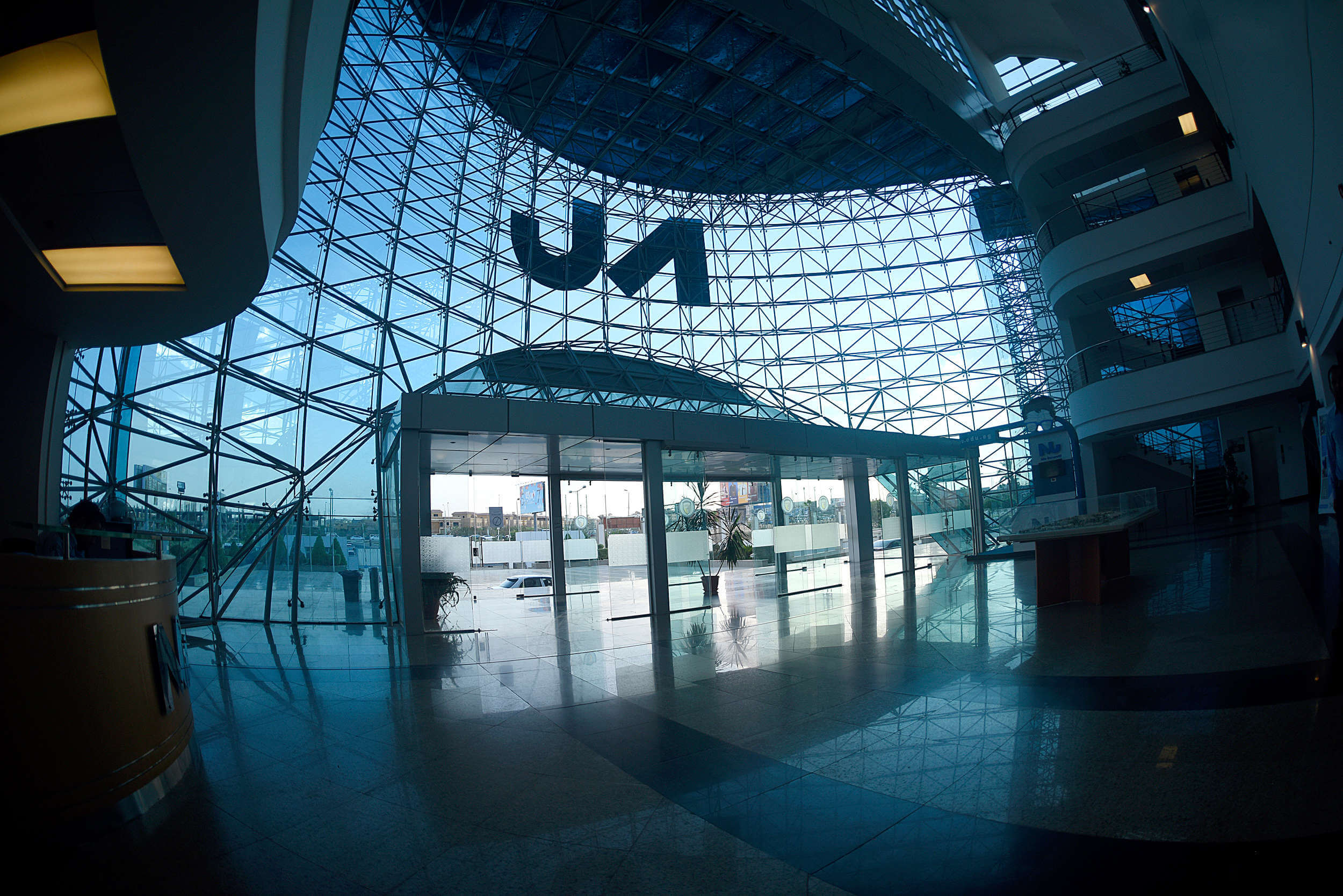Courses
Partial Differential Equations and Simulations Tools
Partial differential equations are mathematical tools used in studying systems and modeling its phenomena. They are widely used in diverse areas of engineering, physical sciences, biology, economics and finance. The aim of this course is to teach the students how to solve partial differential equations and interpret the resulting solutions. The course first discusses the solutions of PDEs using
MATH 341
Thermodynamics II
Starting with a review of thermodynamics I, then the performance of gas power cycles for which the working fluid remains a gas throughout the entire cycle is covered. The analysis of vapor power cycles in which the working fluid is alternately vaporized and condensed is then considered. Finally, the mixture theory is presented.
MENG 342
Heat Transfer II
This second course in heat transfer focuses on more advanced topics which include. Phase change heat transfer (Boiling and Condensation), Heat Exchangers, Radiation heat transfer and Mass transfer.
MENG 343
Fluid mechanics II
Starting with a review of fluid mechanics I, then the fluid kinematics is introduced including the Eulerian and the Lagrangian descriptions. Then the balance laws are derived for a general fluid then types of fluids are presented with emphasis on Newtonian fluids leading to the Navier-Stokes equations. Approximate analytical solutions for incompressible fluids are introduced including the boundary
MENG 344
Finite Element Method and Applications in Mechanical Engineering
Starting with an introduction to different numerical techniques, then the three basic approaches of the finite element method (FEM) namely; the direct approach, the variational approach and the weighted residual approach, are presented. The direct approach is used in the analysis of simple discrete systems e.g. pipelines, electric circuits, and trusses. Then the weighed residual procedure issued
MENG 441
Combustion
Introduction to the topic, Combustion Modes and Flame Types, Combustion and thermochemistry, chemical kinetics, Coupling Chemical and Thermal Analyses of Reacting Systems. Conservation Equations for Reacting Flows. Laminar premixed flames. Applications including the combustion process in spark and compression internal combustion engines.
MENG 442
Powerplant Technology
Steam and Gas turbine powerplants. Combined-cycle powerplants. Co-generation. Environmental impacts of powerplants. Circulating water systems. Energy storage. Introduction to Nuclear powerplants.
MENG 443
Internal combustion Engines
Starting with an overview of the topic, then description of internal combustion engines is introduced. The air-standard cycles namely the Otto, Diesel and the dual cycles are quickly reviewed followed by a step toward a better modelling for the cycles considering the fuel-air cycles. Then the actual cycles are considered. The heat transfer inside the engine and the cooling system are studied
MENG 444
Turbomachinery I
The course aim is to give an introduction to turbomachinery and focuses on hydraulic machines. Topics include, Dimensionless analysis, Hydraulic pumps, Hydraulic turbines, Cavitation, Steam Turbines.
MENG 445
Refrigeration and Air-Conditioning
The aim of the course is to give an introduction to refrigeration and air-conditioning systems. Topics include, Fundamentals, Refrigeration cycles, refrigerants compressors, condensers, evaporators, expansion valves, Air– water vapor mixtures, Air treatment cycles, Air-conditioning lead estimation, air movement, Dehumidifiers and Air drying heat pumps and heat recovery.
MENG 446
Renewable Energy Systems Engineering
This course introduces renewable energy technologies. Emphasizes exploration of principles and concepts as well as the application of renewable energy technologies (RET). Explores topics such as energy consumption, the pros and cons of renewable energy, energy production and cons, energy conversion, environmental issues and concerns, biomass and biofuels, geothermal, wind, power, solar power
MENG 451
Computational Thermo-Fluid Mechanics
This is the third part of a three-part series of courses (Fluid Mechanics II and Heat Transfer II) designed to provide core knowledge of the fundamental principles and engineering applications of heat transfer and fluid mechanics. These areas collectively make up the field of Thermo-Fluid Mechanics or Thermal Fluid Sciences but are traditionally taught as separate courses. However, in this course
MENG 452
Introduction to Continuum Mechanics
The main goal of this course is to present a unified, mathematically rigorous approach to the two classical branches of mechanics problems: the mechanics of fluids and the mechanics of solids. Topics will include Introduction to tensor calculus, kinematics, the general balance equation, balance laws (mass, momentum, and energy), the entropy inequality, and an introduction to the constitutive
MENG 453
Water Desalination
Theoretical and practical aspects of seawater/brackish water desalination technologies, including thermal- based, and membrane-based desalination processes; process design and system performance; fouling, scaling and cleaning; product water quality and post-treatment, innovative desalination technologies (Forward Osmosis (FO), Membrane Distillation (MD), Adsorption Desalination (AD))
MENG 454
Turbomachinery II
The course aim is to give an introduction to turbomachinery and focuses on Aero turbomachinery. Topics include, Dimensionless analysis, Centrifugal Compressors and Fans, Axial flow compressors and fans, Axial and Radial flow gas turbines.
MENG 455
Nuclear Powerplant Engineering
Introduction to nuclear engineering principles - the generation, transfer and transmission of energy in nuclear reactor - nuclear powerplant layout and location selection - the pressurized water reactors - boiling water reactors - gas-cooled reactors - fast reactors - the future of nuclear fusion - Nuclear powerplant dynamics and control - Nuclear powerplant safety.
MENG 456

